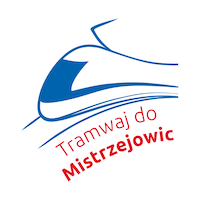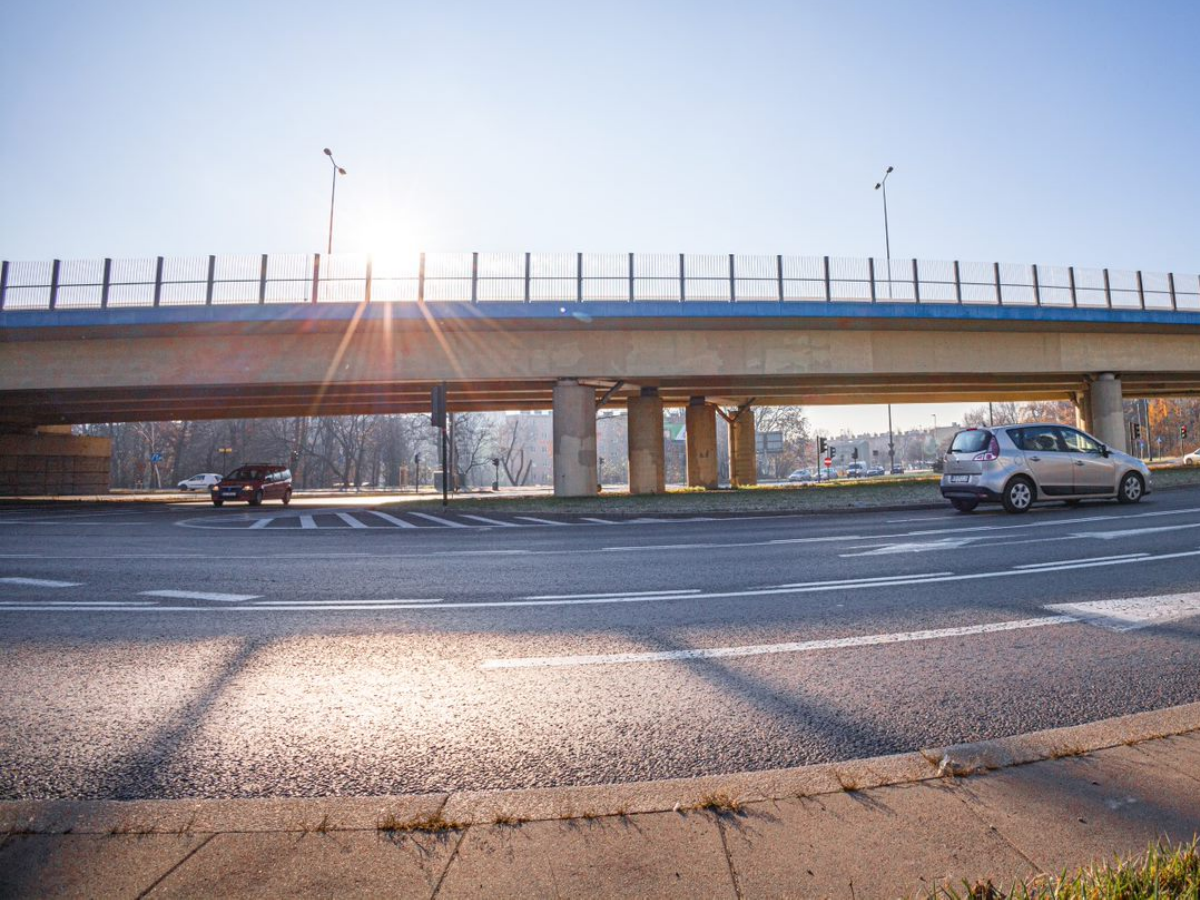The contractor of the tram route to Mistrzejowice will apply a special mineral-asphalt mixture to reduce traffic noise even more effectively. Together with other solutions that suppress noise and vibrations, it will ensure everyday comfort for the residents.
The so-called ‘noise reducing’ surface is a solution that reduces the noise level associated with car traffic. For the sake of simplicity: it is more porous than a traditional wear layer. The air that collects in it supports absorbing some of the noise generated as a result of rolling wheels. The noise-reducing surface will be applied on the pavements reconstructed as part of the Tram to Mistrzejowice project. They will be placed in the area where tests revealed permissible noise standards may be exceeded.
Noise-reducing surface fitting urban conditions
According to the decision of environmental conditions, at least an SMA8 surface is required yet its properties work better on highways or expressways than in urban conditions – they reduce noise at higher speeds. In order to best match the designed solutions to the conditions in which the new infrastructure will operate, the private partner suggested using a different mixture: BBTM. It works well also on local roads where cars move slower.
“The designer’s assumptions for our investment, supported by research, imply that the BBTM pavement will reduce noise by approx. 4.5 decibels, while the previously proposed SMA8 mixture would provide a reduction of 1 decibel” – says Agnieszka Gurgacz, environmental protection specialist with Gülermak.
Protection against vibrations and noise
Together with the system reducing noise and vibrations from the trackbed area, vibration damping mats, green trackbed and noise barriers, the noise-reducing surface will ensure compliance with environmental quality standards in terms of noise as required under such investments. This condition could not be met when using SMA 8.
“We do not use BBTM surfaces in Kraków. The first one ever will be used in the Tram to Mistrzejowice construction. We hope that this technology will bring good results” – says Marcin Hanczakowski, Director of Kraków Municipal Road Authority (ZDMK).


